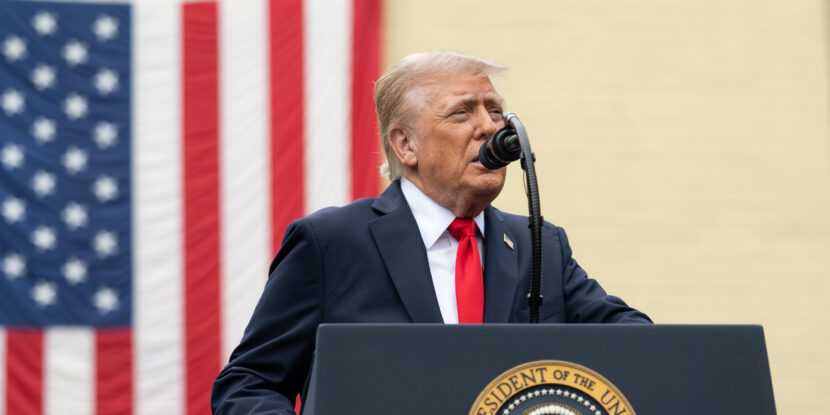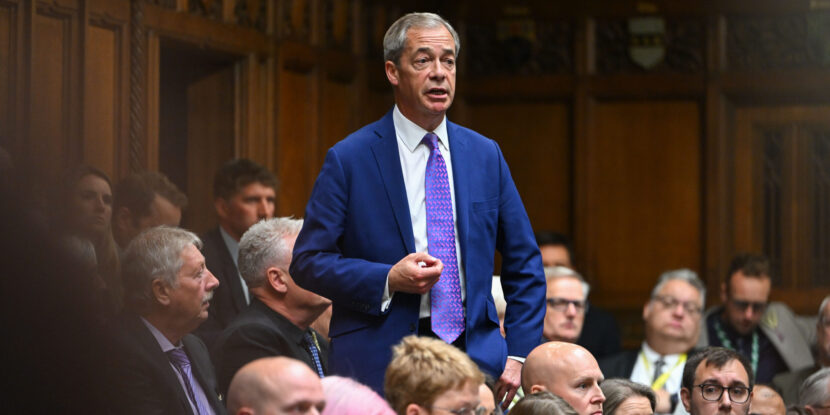Mexico, Canada, and China were expected to announce retaliatory measures on Monday against the United States after President Donald J. Trump initiated broad-based tariffs on goods imported from the three countries. At midnight, an executive signed by Trump will take effect, imposing a 25 percent tariff on most goods imported into the country from Canada. The tariff on Mexico has been delayed for one month, according to an agreement announced by Trump and Mexican President Claudia Scheinbaum. In addition, a 10 percent tariff is being imposed on certain goods imported from China—this is on top of tariffs imposed on the Asian nation by Trump during his first term and largely left in place by former President Joe Biden.
Canada is expected to raise tariffs on American lumber, plastics, and other industrial products in response. Meanwhile, Mexico will likely target American agricultural products as well. China has also stated it will take retaliatory measures but has offered no further details.
INFLATION? UNLIKELY.
While President Trump’s political opponents claim his imposition of tariffs—which the White House explains are to put pressure on Canada and Mexico to curb the flow of fentanyl into the U.S.—will cause a resurgence of inflation and price increases on everyday goods, this will not likely be the case.
Broadly speaking, tariffs are an excise tax on imports. Goods with an elastic supply—meaning they can be sourced domestically or from countries other than Canada, Mexico, or China—will mostly be unaffected as supply chains shift. Most agricultural goods are elastic, and consumers are unlikely to see any significant increase in grocery costs.
U.S. Treasury Secretary Scott Bessent has also disputed claims that tariffs are inflationary. The former macro fund manager and economist argues that tariffs—like other forms of taxation—decrease demand, which has a deflationary effect. Notably, the most infamous tariff in American history, the Smoot-Hawley tariff enacted in the early stages of the Great Depression, had a deflationary impact.
MINIMAL IMPACT ON CONSUMERS.
Despite the dubious claims made by Democrat lawmakers and their corporate media allies, the overall impact of the 25 percent tariffs on Mexico and Canada is likely to be minimal and short-lived. The tariff itself applies to the cost of the product at import, which is well below its retail value. This means that your Mexican avocado, which costs $2.00 at the grocery, will only increase by 25 percent of its import cost—usually pennies on the dollar—and not its retail value.
Lastly, the so-called “trade war” sparked by the Trump White House’s imposition of tariffs is unlikely to endure for an extended period. Canada’s and Mexico’s economies heavily rely on exporting goods to the United States. Additionally, both countries have economies far smaller than America’s—Canada’s GDP in 2023 was $2.14 trillion (USD), and Mexico’s was $1.789 trillion (USD), while the United States saw a total GDP of $27.36 trillion (USD).
Neither Canada nor Mexico—with economies roughly 10 percent the size of the American economy—can absorb the economic decline resulting from the lower number of exports.




















